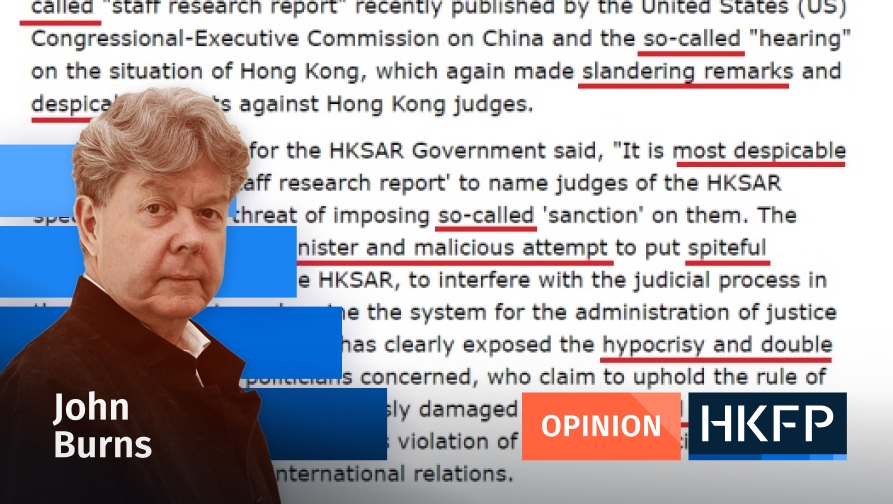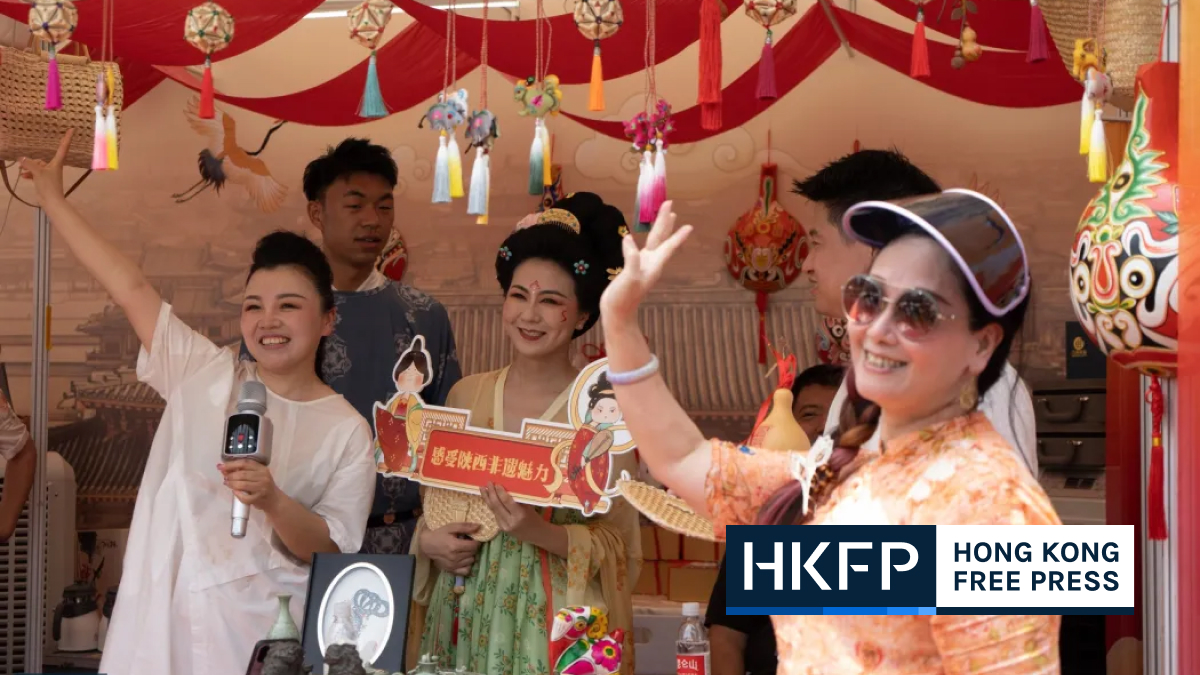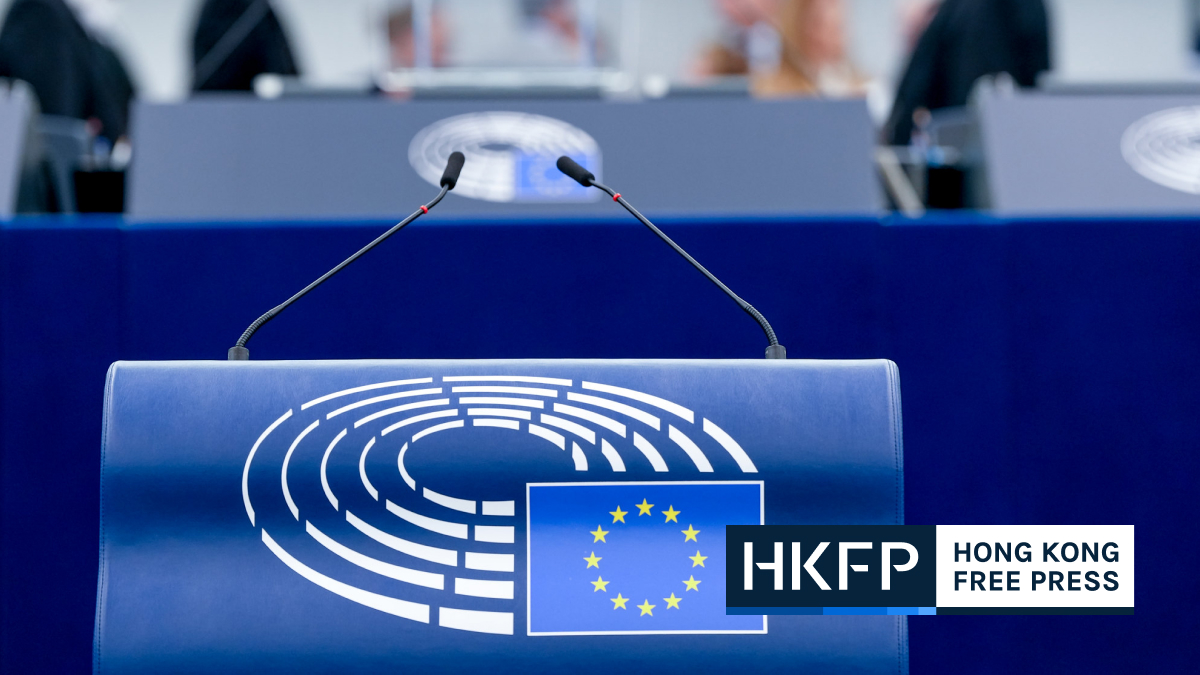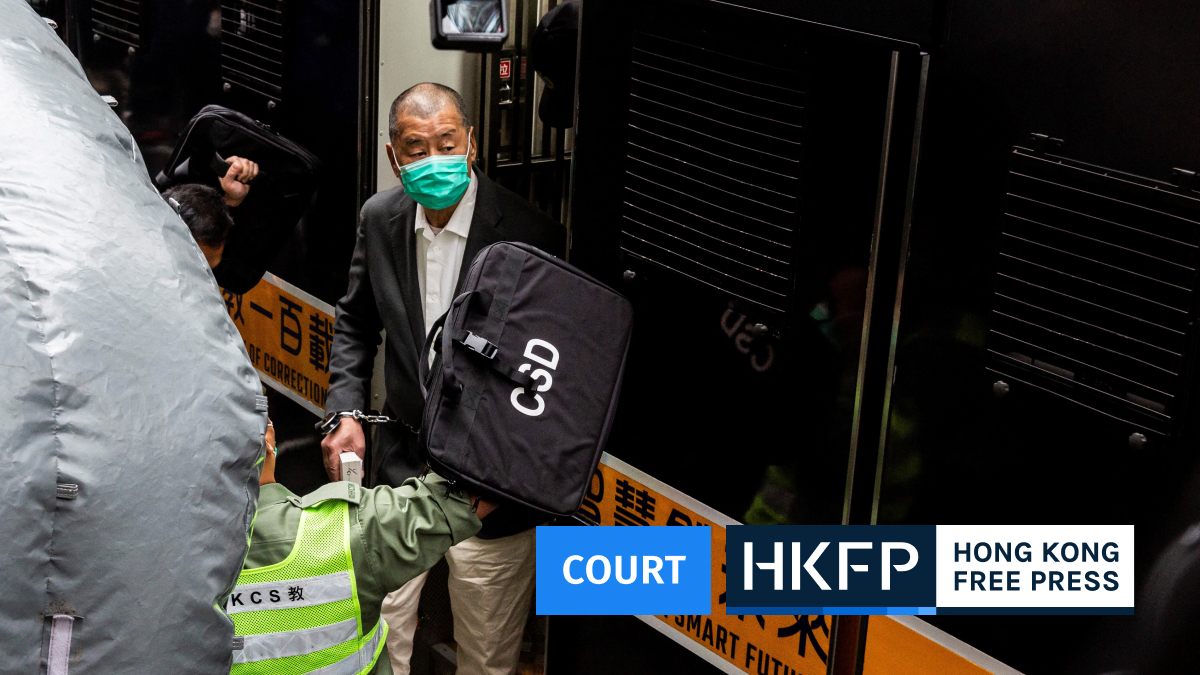The Chinese University of Hong Kong (CUHK) has not included terms to safeguard national security in its contracts, the city’s Audit Commission has found, calling on the university to “strengthen guidance and regulation” for its externally operated facilities.
In its annual report released Wednesday, the government spending watchdog said CUHK needed to incorporate terms in its tender documents and contracts to “allow the disqualification of tenderers and to terminate the contracts in the interest of national security.”

It also called on the institution to assist “overseeing units” in “effectively preventing and suppressing any acts or activities endangering national security.”
CUHK has been in the spotlight in recent months over a bill passed earlier this month to restructure its council and reduce the influence of staff and academics in the running of the university.
Earlier this month, university staff removed two students from a graduation ceremony for holding up placards without permission from the school, following an email warning students warning “disruptive” acts on campus.
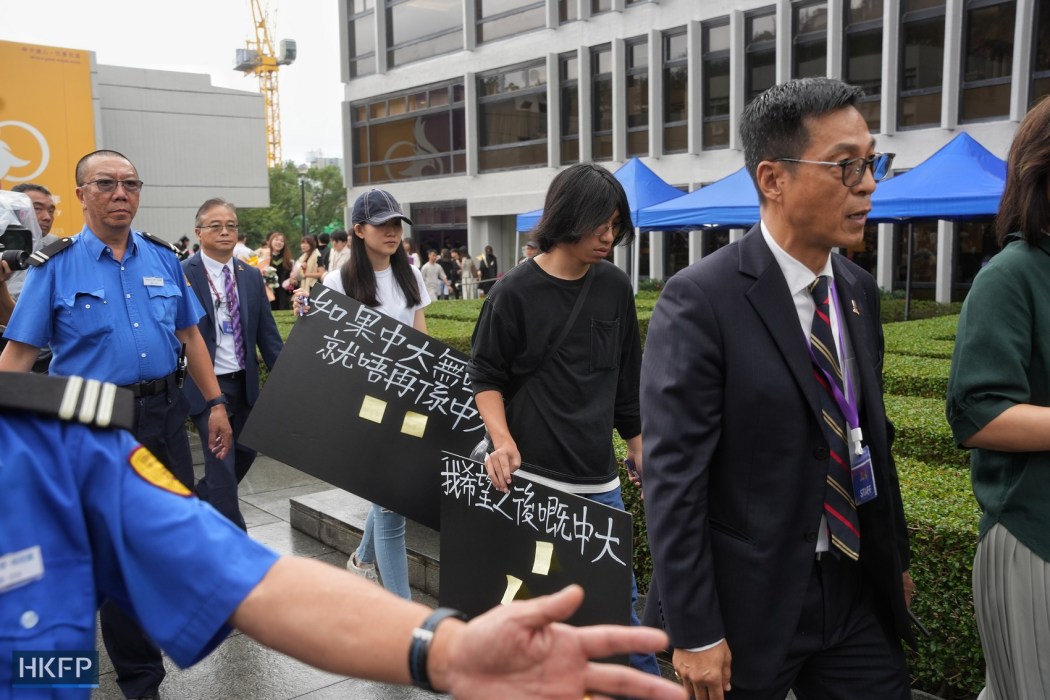
The campus also became a flashpoint during the months-long anti-extradition bill unrest in 2019, sparked by a since-axed extradition bill amendment.
‘Unlawful or immoral purpose’
As of July 2023, there were 39 externally operated facilities including 33 restaurants, two bank branches, a bookstore, a convenience store, a hair salon, and a supermarket at CUHK.
“[T]he bookstore operator was only required not to use or cause or permit the bookstore to be used for any unlawful or immoral purpose, and not to display or sell merchandise of obscene or immoral nature,” the report read.
“However, CUHK did not issue any guidelines related to the safeguarding of national security for the operation of bookstore.”
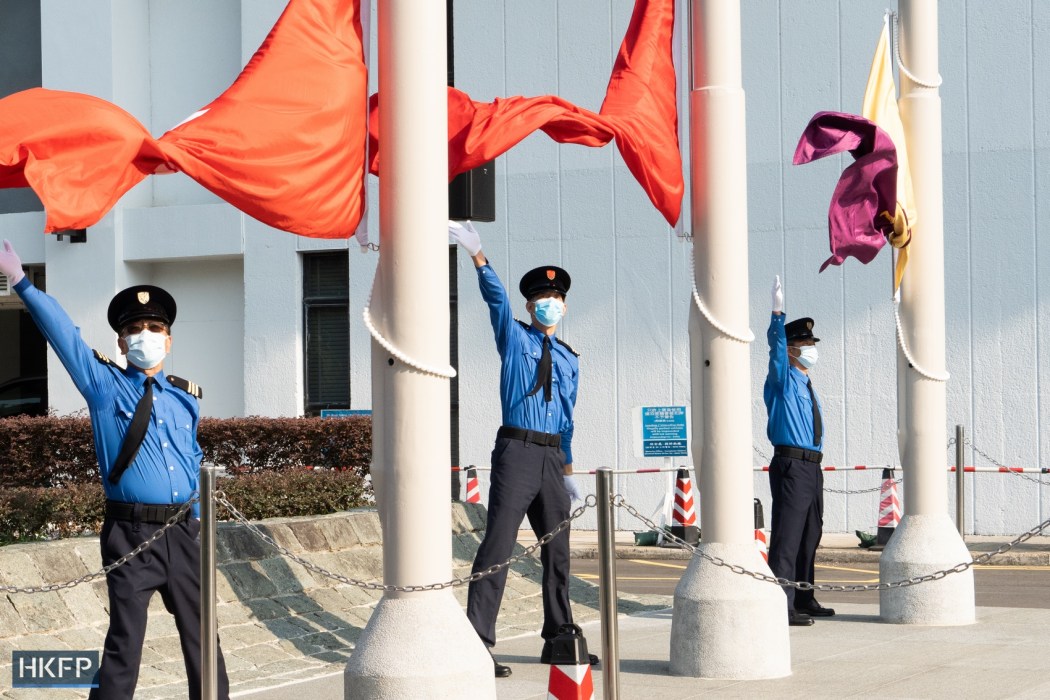
Beijing inserted national security legislation directly into Hong Kong’s mini-constitution in June 2020 following the protests. It criminalised subversion, secession, collusion with foreign forces and terrorist acts.
The move gave police sweeping new powers, led to hundreds of convictions amid new legal precedents, and saw dozens of civil society groups disappear. The authorities say it has restored stability and peace to the city, rejecting criticism from trade partners, the UN and NGOs, despite an overall rise in crime.
CUHK Vice-Chancellor Rocky Tuan, who has been the target of criticism from the pro-establishment camp throughout the council reform process, agreed with the commission’s recommendations, according to the report.
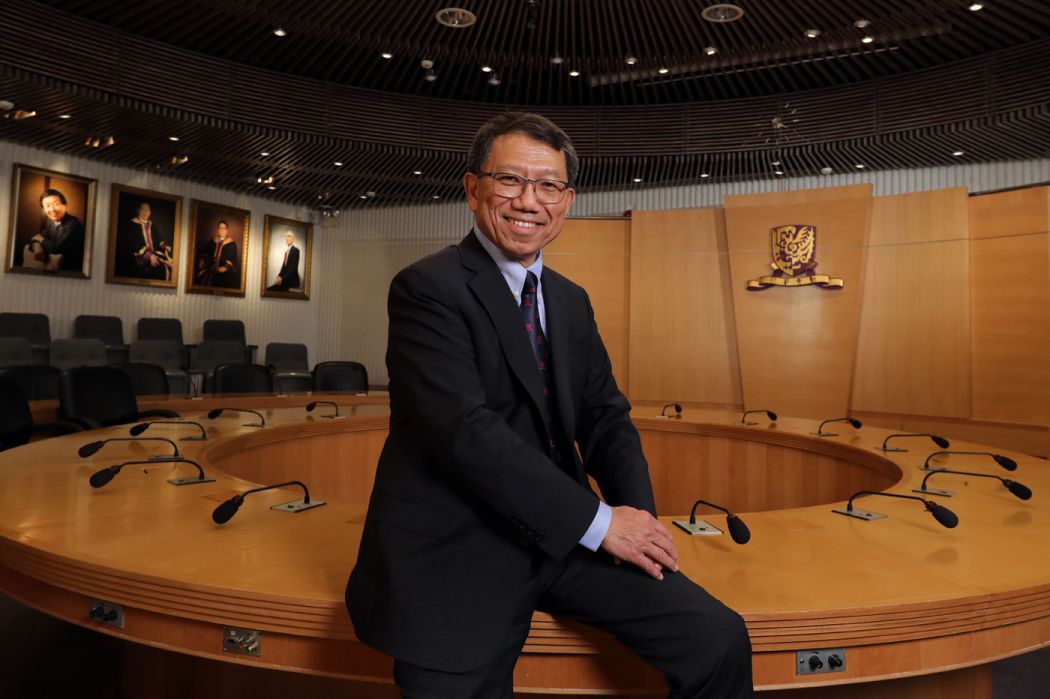
The commission also said the bookstore was carrying out activities prohibited by its contract after it found mini rechargeable fans, games, personal care products, toy model cars and toy dolls for sale there.
Catering rules
None of the university’s catering outlets had a food business license, according to the commission, and 29 of the 33 restaurants did not serve students and staff exclusively.
According to Food and Environmental Hygiene Department regulations, university canteens that serve students and staff exclusively are not considered “food businesses” and are therefore not required a license.
The commission called on CUHK to ensure that the caterers provide canteen services and food delivery services exclusively to CUHK students and staff within the campus, and to obtain permits for selling “restricted foods” including non-bottled drinks, frozen confections, milk and milk beverages, and cut fruit.
Support HKFP | Policies & Ethics | Error/typo? | Contact Us | Newsletter | Transparency & Annual Report | Apps
Help safeguard press freedom & keep HKFP free for all readers by supporting our team





















